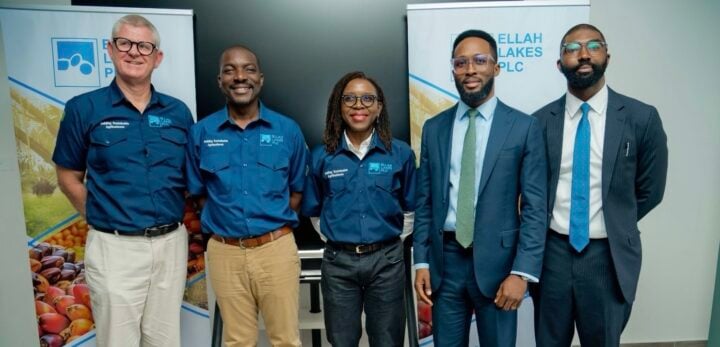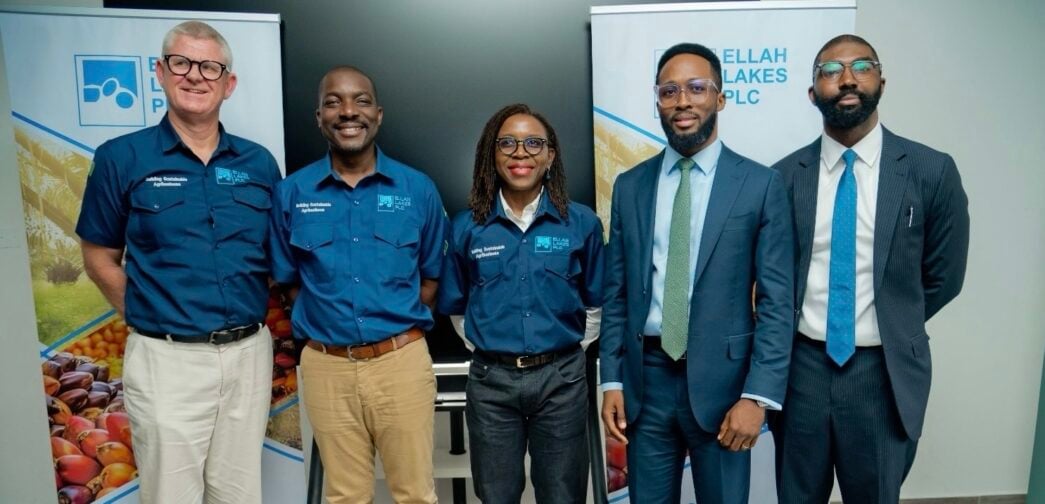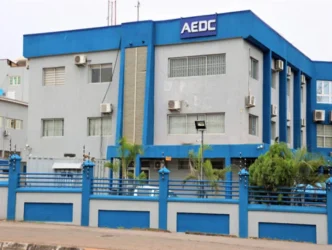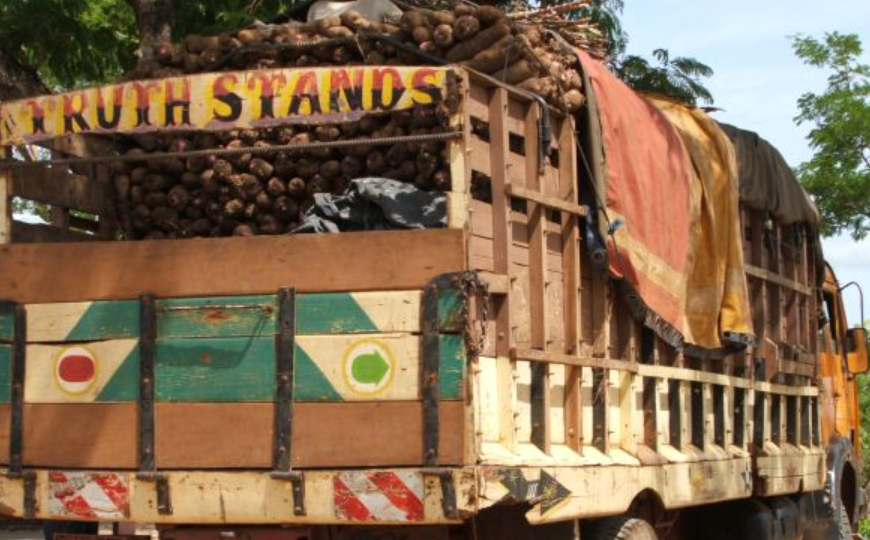L-R: Paul Farrer, deputy managing director, Ellah Lakes; Chuka Mordi, chief executive officer (CEO), Ellah Lakes; Osaro Oyegun, director, Ellah Lakes; Seun Onayiga, co-founder & managing director, ACQ Capital Managers; and Bimbo Oyeyiga, head corporate finance, Rand Merchant Bank; at a news conference in Lagos on November 6, 2025
Ellah Lakes Plc, an integrated agro-industrial company, says it plans to raise N235 billion capital through a public offer.
Speaking during a media parley on Thursday, Chuka Mordi, the chief executive officer of Ellah Lakes, said the capital raise reflects the company’s dedication to creating greater value for its shareholders.
“This N235 billion capital raise is a definitive statement of intent. It is our commitment to our shareholders to deliver economies of scale, market resilience, and long-term value creation,” he said.
“We are confident that by deploying this capital effectively and executing our clear strategy, Ellah Lakes will solidify its position as the undisputed leading indigenous agro-industrial giant in West Africa.”
Advertisement
In October, Ellah Lakes signed an agreement to acquire Agro-Allied Resources & Processing Nigeria Limited (ARPN) from ARPN PTE Ltd, Singapore.
Speaking on the acquisition, Paul Farrer, the deputy managing director of Ellah Lakes, described it as a pivotal milestone that reinforces the company’s position in Nigeria’s agribusiness sector.
“Agro-Allied Resources & Processing Nigeria Limited (ARPN) brings a robust land bank and operational assets that align perfectly with our vision of vertical integration and sustainable growth,” he said.
Advertisement
“The ARPN acquisition will deliver immediate scale and financial benefits, achieving in months what would have taken years organically, while unlocking significant long-term potential for crop diversification and vertical integration.”
Farrer said this will deliver value to all stakeholders, “as it delivers operational and financial scale immediately”.
He said under the acquisition, the assets obtained include 11,783 hectares of cultivated land, 2,093 hectares of cassava plantations, and an additional 10,393 hectares of uncultivated land.
Advertisement












